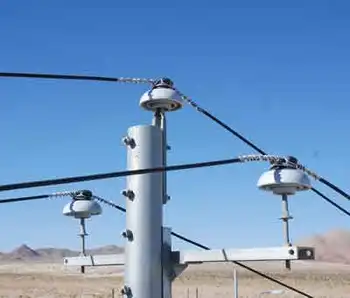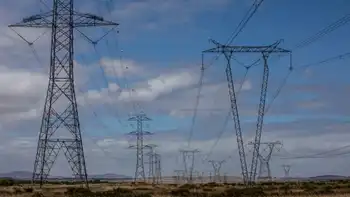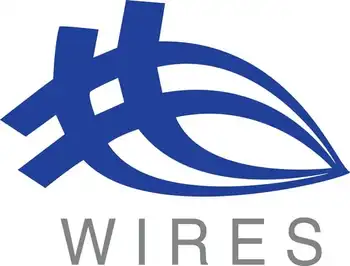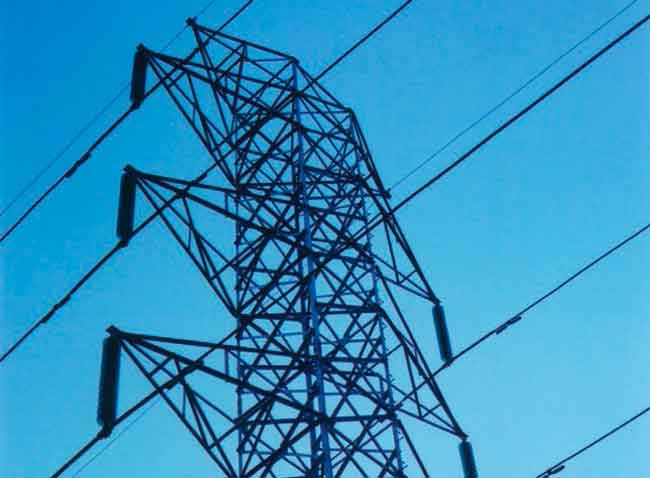MMC Energy asks FERC to intervene
CALIFORNIA - MMC Energy filed a complaint against the California ISO at FERC alleging that the grid operator improperly banned three of the firm's generators from the spinning reserves ancillary services market.
The firm bought the three sites a few years ago and proceeded to get them up to snuff to take part in the spinning reserves market. That set MMC back $3.5 million including buying small 0.5 mw generators that could by synchronized to the ISO's grid at all times while the larger generators at its plants idle until called on.
Spinning reserves are generation resources that can be turned on within 10 minutes in the event of an outage and often serve as the last line of defense against blackouts.
MMC ran two 35.5 mw plants and one 22.5 mw plant in highly constrained areas including San Diego.
It had bought the 0.5 megawatt generators and aggregated them with the larger units with the approval of and constant communication from the ISO staff.
But last year the ISO allegedly decided it didn't want to have such aggregated generation take part in the spinning reserves market and effectively made a rule change without filing with FERC.
MMC took part in the market for two years anyway before the ISO threatened it with fines and revoking of its previous profits if it continued. The firm then stopped bidding into the market.
The ISO allegedly withheld some $522,188 in spinning reserve revenues that the firm made before it stopped bidding into the market.
The ISO effectively banned MMC's generators - and three others - from taking part in the spinning reserve market in a move the firm characterized as pushing small players out.
MMC would have to spend an added $2.5 million to get its generators up to snuff now or it could sell them for a small profit, said the firm, and neither option is preferable to continuing in the market.
Thus MMC asked FERC to order the ISO to let it back in, file any changes to the market with the commission and, if those happen, grandfather the units in question.
MMC wants the commission to order the ISO to pay what the firm alleged it's owed and stop threatening the firm to keep it from taking part in the market.
Related News
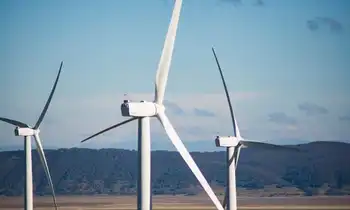
Octopus Energy Makes Inroads into US Renewables
TEXAS - Octopus Energy, a UK-based renewable energy provider known for its innovative approach to clean energy solutions, has announced its first investment in the US renewable energy market. This strategic move marks a significant milestone in Octopus Energy's expansion into international markets and underscores its commitment to accelerating the transition towards sustainable energy practices globally.
Investment Details
Octopus Energy has partnered with Copenhagen Infrastructure Partners (CIP) to acquire a stake in a portfolio of solar and battery storage projects located across the United States. This investment reflects Octopus Energy's strategy to diversify its renewable energy portfolio and capitalize on…

